Dan Lebrero
Java with a Clojure mindset
#1about 4 minutes
Applying an alien Clojure mindset to a Java application
A real-world betting bonus application is used as an example to explore how functional principles from Clojure can improve Java code.
#2about 3 minutes
The core concept of pure functions versus side effects
Pure functions, which always return the same output for a given input, are easier to understand and change than code with unpredictable side effects.
#3about 10 minutes
Managing application state using immutability and atoms
Separate business logic from state management by using immutable data structures and a central atomic reference to handle concurrent updates safely.
#4about 8 minutes
Decoupling the decision and execution of side effects
Instead of executing side effects directly, pure functions should return data structures that describe the effects to be performed by an external execution layer.
#5about 3 minutes
Managing input co-effects with Kafka and event sourcing
Use an event stream like Kafka as the source of truth to rebuild application state in memory, eliminating the need for database reads in the core logic.
#6about 1 minute
Designing with a functional core and imperative shell
Isolate pure business logic in a 'functional core' and handle all interactions with the outside world in a thin 'imperative shell'.
#7about 4 minutes
The benefits of data-oriented programming over custom types
Representing domain models as generic data structures like maps and lists allows for greater code reuse from core libraries and third-party tools.
#8about 2 minutes
Achieving a tight feedback loop with a dynamic REPL
A REPL (Read-Eval-Print Loop) enables modifying and inspecting a live application without restarts, creating an interactive and highly efficient development workflow.
#9about 4 minutes
Why Lisp's 'code is data' philosophy is powerful
In Lisp-family languages like Clojure, code is represented by the language's own data structures, which makes metaprogramming incredibly natural and powerful.
#10about 2 minutes
Final thoughts on learning from alien programming languages
Embracing languages with different paradigms, like Clojure, can fundamentally change how you think about and design software in any language.
Related jobs
Jobs that call for the skills explored in this talk.
tree-IT GmbH
Bad Neustadt an der Saale, Germany
€54-80K
Intermediate
Senior
Java
TypeScript
+1
Matching moments
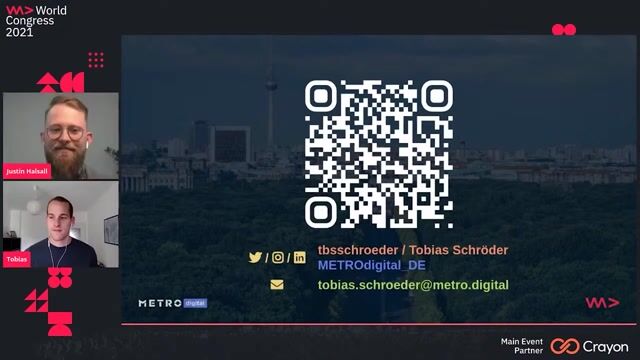
05:54 MIN
Answering questions on practical use cases for Clojure
Using backend languages for frontends: Why ClojureScript is an awesome idea!
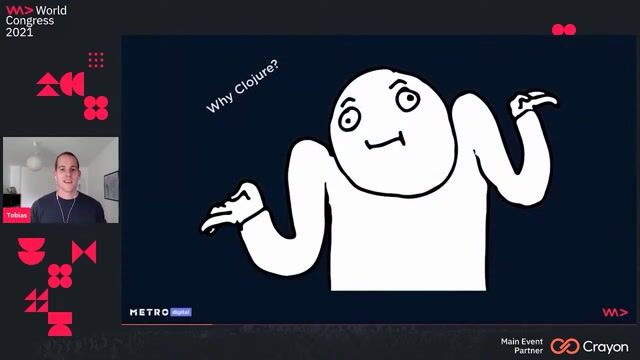
03:55 MIN
Exploring the benefits of Clojure and ClojureScript
Using backend languages for frontends: Why ClojureScript is an awesome idea!
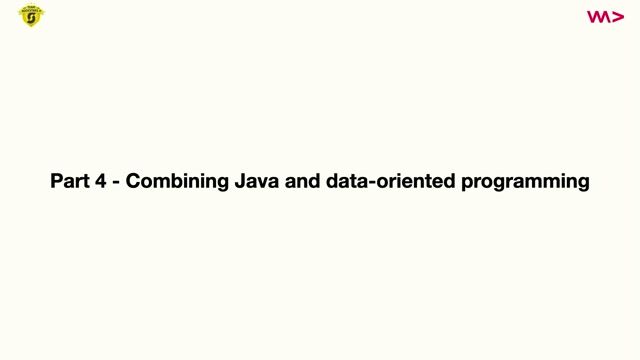
03:32 MIN
Applying data-oriented programming principles in Java
Modern Java: This is not your father's Java anymore
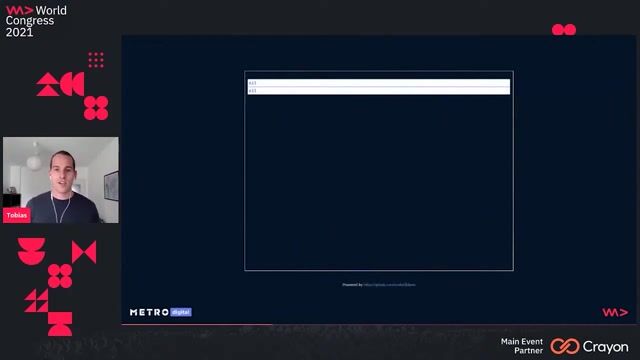
07:27 MIN
A hands-on look at Clojure syntax and data types
Using backend languages for frontends: Why ClojureScript is an awesome idea!
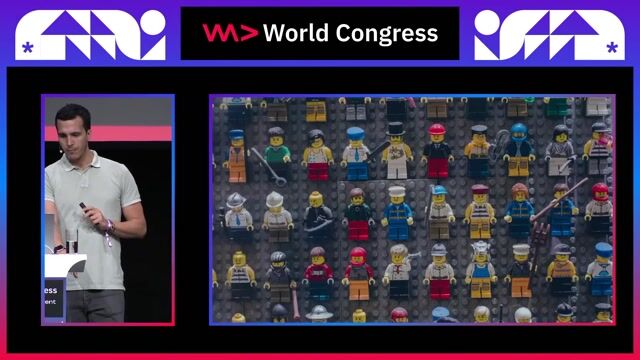
02:00 MIN
Why Java historically dominated the enterprise space
Enterprise Python: Software That Lives Long And Prosper
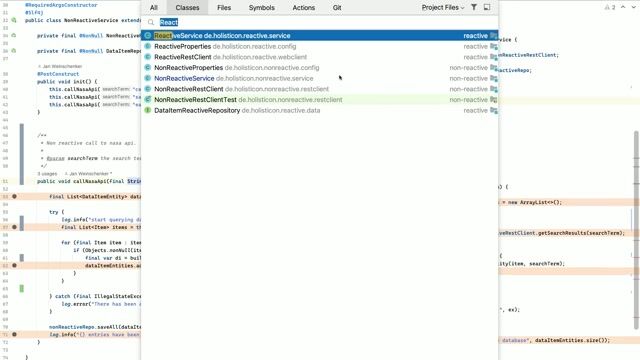
03:26 MIN
Live code demonstration of reactive Java
Side-by-Side: Reactive vs non-reactive Java

01:32 MIN
Conclusion on Project Loom's impact on reactive programming
Java's Project Loom & Co - the end for reactive programming?
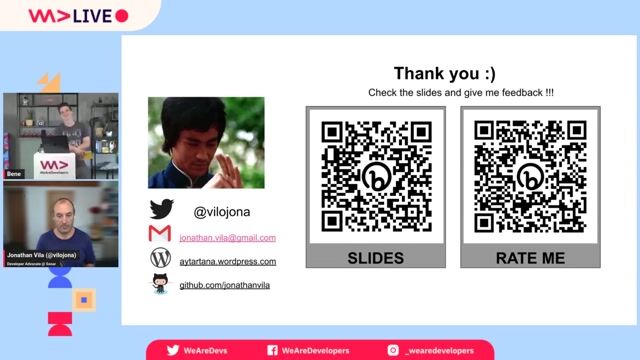
13:35 MIN
Q&A on Java's future and developer career paths
Beam Me Up, Java! Unraveling the Warp-Speed Evolution: A Journey through Java LTS Versions 11 to 21
Featured Partners
Related Videos
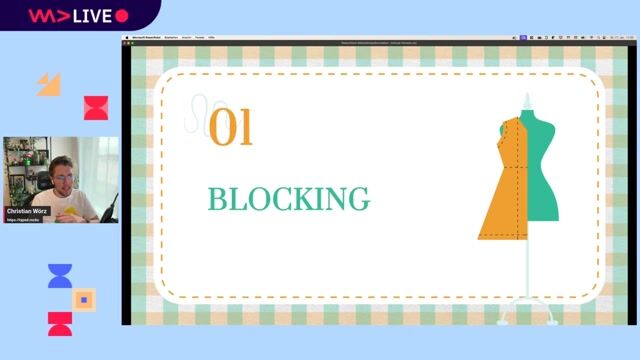 55:30
55:30Java 21: The Revolution of Virtual Threads - A Deep Dive
Christian Woerz
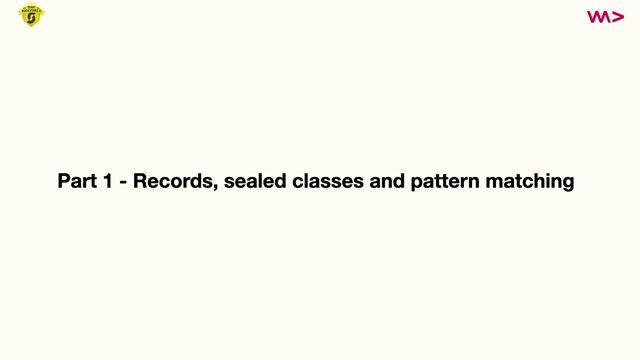 27:49
27:49Modern Java: This is not your father's Java anymore
Ron Veen
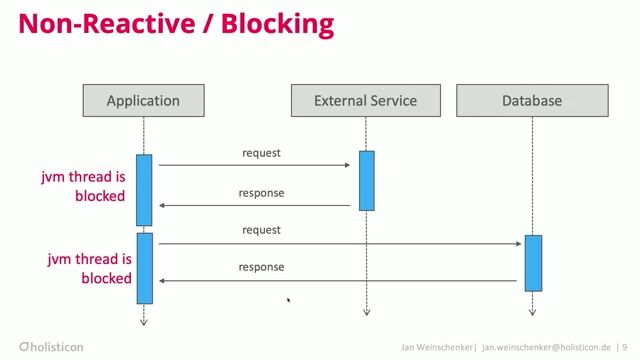 25:41
25:41Side-by-Side: Reactive vs non-reactive Java
Jan Weinschenker
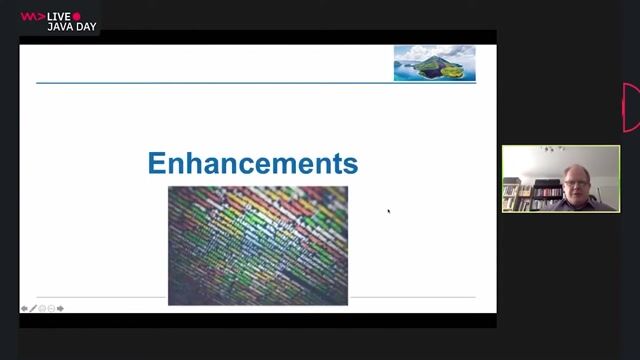 45:30
45:30Best of Java 15 and beyond—my favorite features
Michael Inden
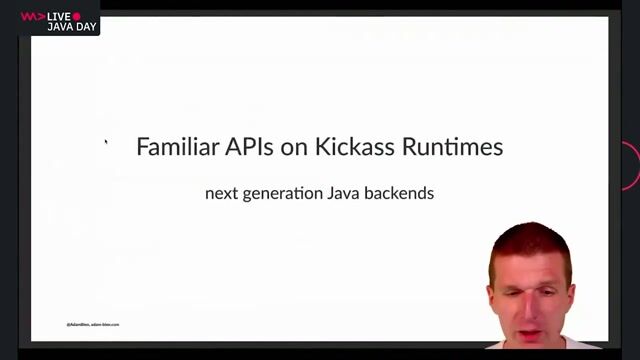 37:55
37:552021: Familiar APIs on Kickass Runtimes #slideless
Adam Bien
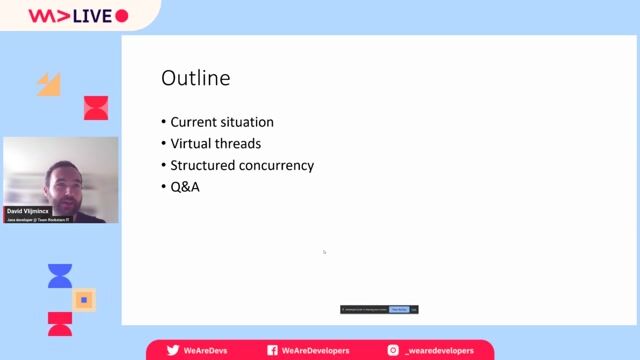 52:51
52:51Introduction and pitfalls of Java's new concurrency model
David Vlijmincx
 57:09
57:09Route from Java to Kotlin
Christian Woerz
 58:11
58:11Why Kotlin is the better Java and how you can start using it
Iris Hunkeler
Related Articles
View all articles

.gif?w=240&auto=compress,format)

From learning to earning
Jobs that call for the skills explored in this talk.








